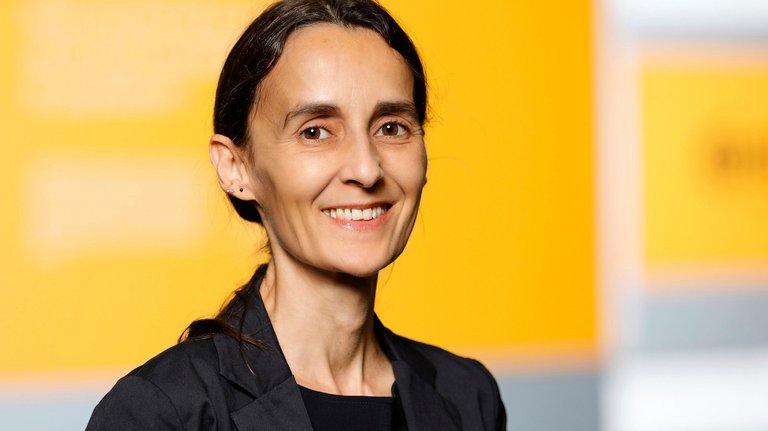Students View Career Opportunities To Be Better Than Ever
9th“Continental Student Survey”:
- Respondents see bigger role for companies in social responsibility
- However, very few students become involved in social and environmental activities themselves
- 70% believe the biggest challenge is the fair global distribution of resources
Hanover, April 19, 2012. Economic recovery over the course of 2011 has meant that students now perceive their career prospects to be better than ever: More than three quarters rate their future career prospects as promising, or even very promising. This is especially the case for prospective engineers. In international comparison, 57% of graduates also rate their competitive ability as better than ever. This trend is clearly associated with the competitiveness of German companies, about which the majority of respondents (76%) are optimistic. Furthermore, 33% of students anticipate even better economic development in the coming year than in this one. 55% expect there to be little change in economic development.
Expectations of future employers are equally high: Students express a preference for companies that offer good further training opportunities and possibilities for promotion, and at the same time provide the option of taking professional leave to have a family or for further training. These are some of the findings of the 9th representative “Continental Student Survey” 2012 of prospective engineers, natural scientists and economists, published by the international automotive supplier in Hanover on Thursday. The company engaged Infas – Institute for Applied Social Sciences – to question around 1,025 students as to their opinions on careers, the world of work and university-related issues. An additional focus of this year’s survey was the challenges and opportunities for the economy, politics and society.
A clear trend was observed here: Four out of five respondents (82%) consider companies to have a major social responsibility, and only a fraction believe that companies have a responsibility toward their shareholders alone. One in five (19%) attach importance to social and environmental commitment on behalf of a future employer, and almost a third (29%) to sustainable business practice. And yet only a tenth of respondents (9%) consider social and environmental commitment to be a key priority in the private sphere.
81% of respondents call for citizens and politicians to work together to create a fair economy. The majority of respondents (70%) consider the fair distribution of resources to be the biggest global challenge in the years to come. But, by the same token, almost half (47%) would like to defend the economic supremacy of Germany and Europe at all costs. Around a quarter of respondents (23%) would not be prepared to give up their share of prosperity.
“Demands on companies operating in a global world have increasingly evolved over the past few years: In the past, economic success was the primary factor determining the attractiveness of a company, whereas today companies are increasingly viewed as part of society. This means that companies’ efforts in the area of social and ecological sustainability are additionally assessed,” says Continental HR Director Elke Strathmann, commenting on the results.
Alongside an interesting job role (57%) and contractual regulations such as a permanent job (41%) and regulated working hours (30%), key criteria of an attractive job offer increasingly include the ability to reconcile work and private life (91%). Relationships and family (62%) are considered a higher priority than studies and qualifications (55%) or jobs and careers (30%). In the context of prioritizing relationships and family, limited flexibility is also shown toward working abroad: In 2012, only one in twenty people placed emphasis on working abroad when looking for a job. Switzerland (58%) and the US (51%) are still the most attractive destinations in students’ opinions. But the US was the only country to see a slight gain in popularity in this year’s survey: 2011 48%, 2012: 51%. By contrast, Russia (11%) and Eastern Europe (14%) hardly come into the picture.
However, students now recognize that practical experience is essential: While, up until 2007, the number of students completing internships dropped, in 2012 almost two thirds now claim to have completed an internship in their home country – 41% of these internships are still voluntary. Over time, internships (14%) and semesters (13%) abroad have regained popularity. As seen in the economic arena, international knowledge and competence is also steadily gaining in significance in the university environment (2007: 28%; 2012: 34). This is particularly true for those studying economics and business (50%).
Ms. Strathmann goes on to say: “What also struck me was that female respondents rated their career opportunities, acquired knowledge and personal advantage when competing for jobs as worse than their male counterparts in international comparison. Women really need to work on their self-confidence, because they excel in their studies, achieving better grades and gaining more internship experience. It is also clear that the trend toward a healthy work-life balance has now become a clear expectation. For Generation Y, a professional career is still highly rated but at a reasonable price, namely a healthy work-life balance.”

